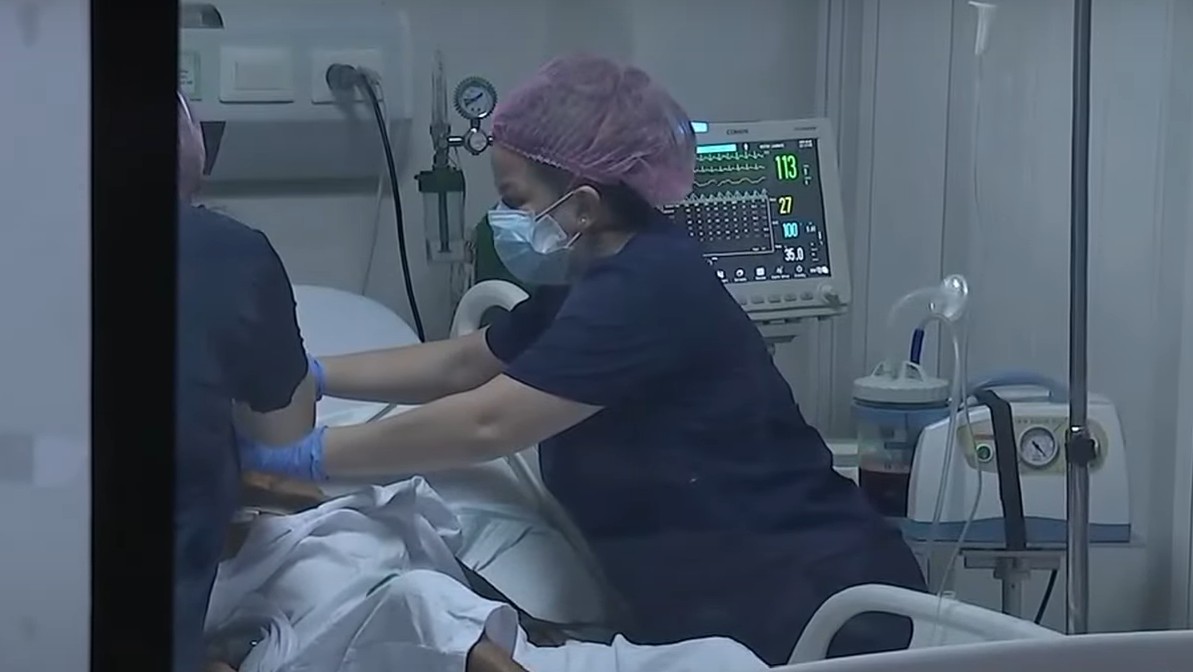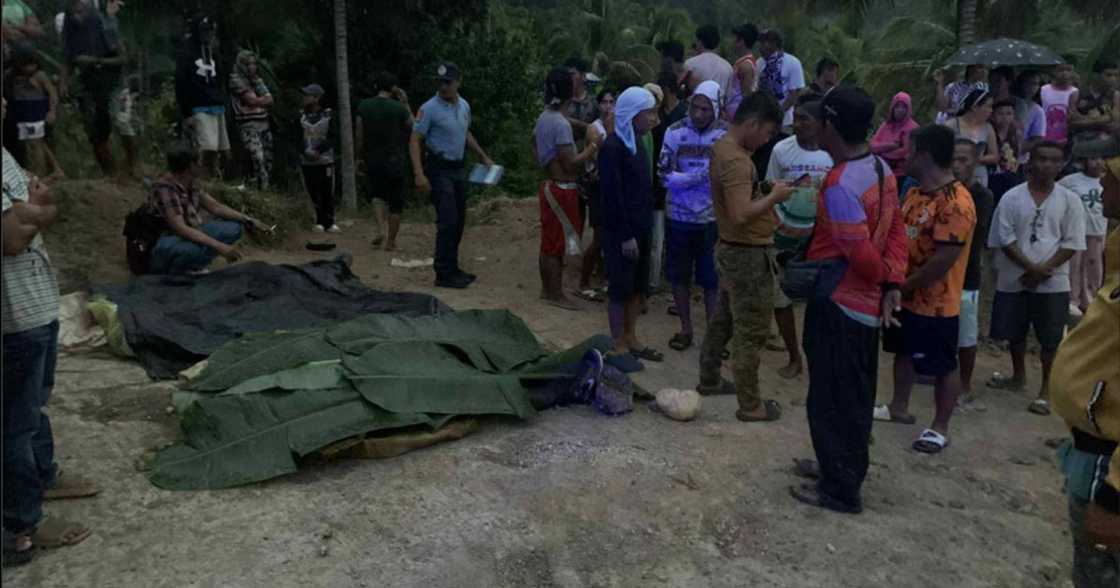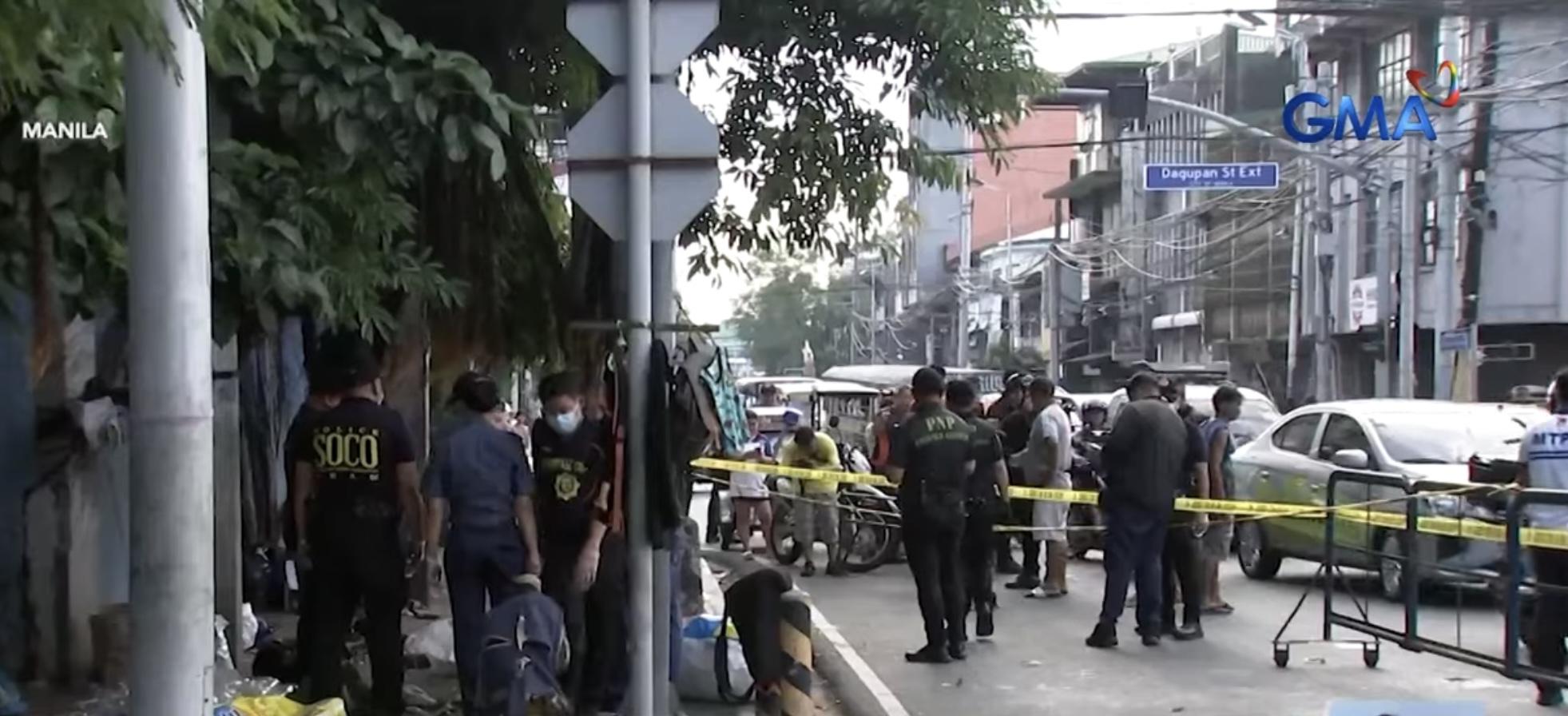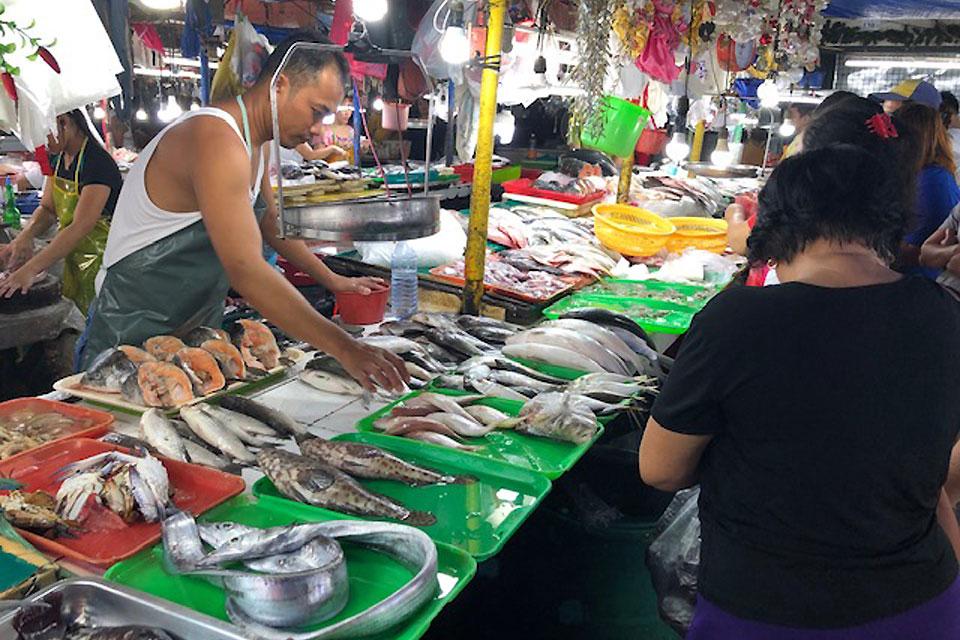San Lazaro Hospital: Leptospirosis Toll Reaches 13 Amidst Typhoon Aftermath

Manila, Philippines – San Lazaro Hospital, Manila's primary hospital for infectious diseases, is grappling with a surge in leptospirosis cases and tragically, the death toll has now reached 13. This alarming increase follows the devastating floods brought about by the recent series of typhoons that have ravaged the Philippines.
According to reports, the hospital currently has 104 patients admitted, all battling the bacterial disease. Leptospirosis is spread through the urine of infected animals, particularly rodents, and exposure often occurs when floodwaters contaminate water sources and come into contact with human skin.
The severity of the situation was highlighted by the passing of a 16-year-old patient who succumbed to acute renal failure, a common and dangerous complication of leptospirosis. This tragic loss underscores the urgency of public health measures to combat the spread of the disease.
Understanding Leptospirosis and its Risks
Leptospirosis can manifest in a range of symptoms, from mild flu-like illness to severe, potentially life-threatening complications. Common symptoms include fever, headache, muscle aches, vomiting, and jaundice. Without prompt diagnosis and treatment, leptospirosis can lead to kidney failure, meningitis, and even death.
The Impact of Typhoons and Floods
The recent typhoons have created ideal conditions for the proliferation of leptospirosis. Floodwaters displace rodents, increasing the risk of contamination of water sources and exposing more people to the bacteria. The disruption of sanitation systems further exacerbates the problem.
Preventative Measures to Protect Yourself
Health officials are urging the public to take precautions to protect themselves from leptospirosis. Key preventative measures include:
- Avoid contact with floodwaters: If unavoidable, wear protective gear such as boots, gloves, and masks.
- Boil water: Ensure water used for drinking and cooking is properly boiled.
- Practice good hygiene: Wash hands frequently with soap and water, especially after contact with potentially contaminated water.
- Control rodent populations: Maintain clean surroundings and eliminate potential rodent habitats.
- Seek medical attention: If you experience symptoms of leptospirosis, consult a doctor immediately.
Government Response and Public Health Efforts
The Department of Health (DOH) is working to address the leptospirosis outbreak, providing medical assistance to affected communities and conducting public awareness campaigns. Efforts are focused on disease surveillance, early detection, and prompt treatment. The DOH is also collaborating with local government units to improve sanitation and control rodent populations.
As the Philippines continues to recover from the recent typhoons, vigilance against leptospirosis remains crucial. By understanding the risks and taking preventative measures, communities can protect themselves and mitigate the impact of this potentially deadly disease. The situation at San Lazaro Hospital serves as a stark reminder of the ongoing challenges posed by infectious diseases in the wake of natural disasters.






